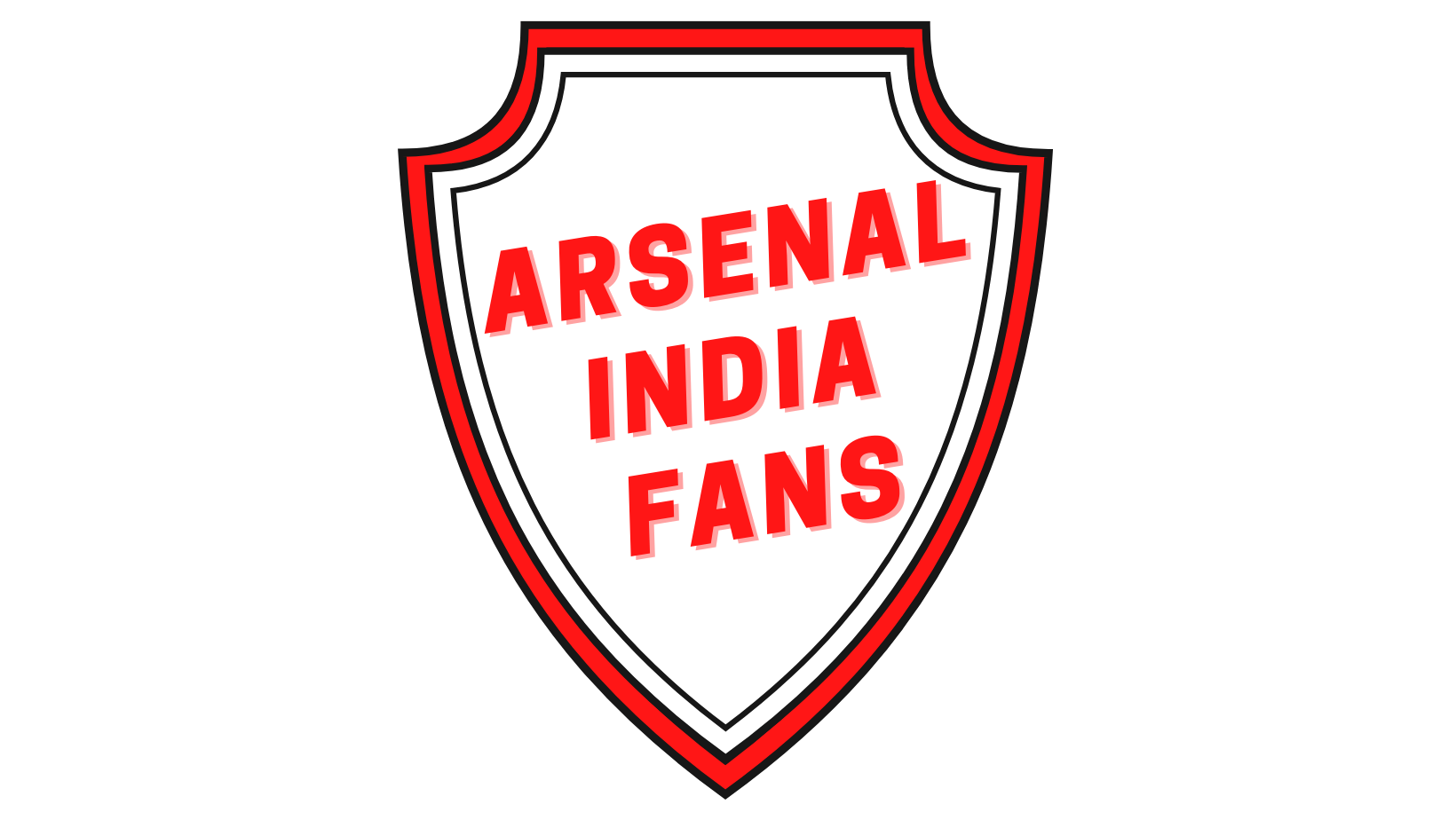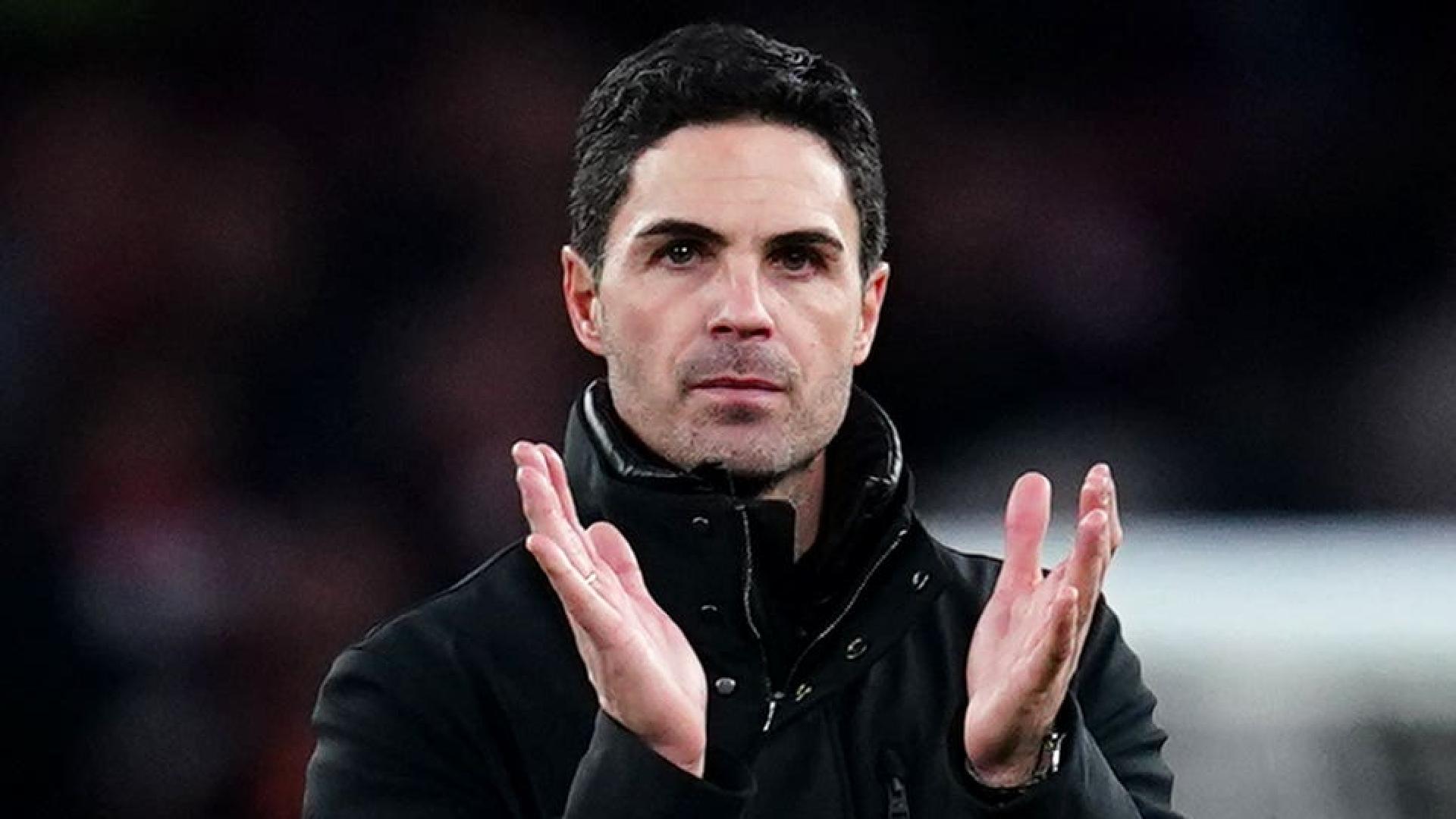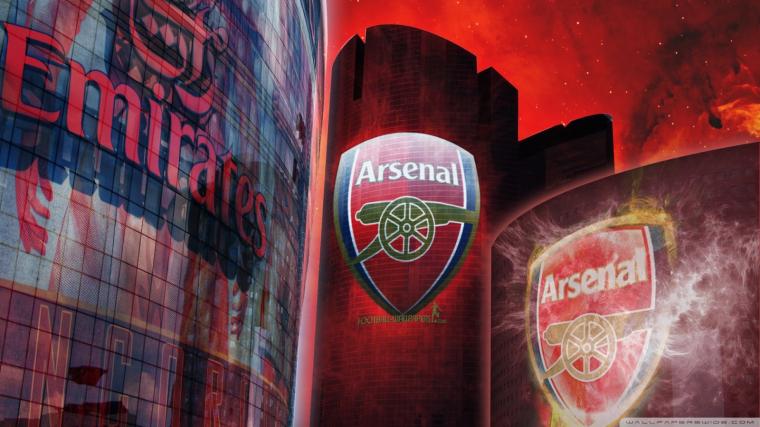When Mikel Arteta took the helm at Arsenal in December 2019, the storied North London club was in a state of flux. A once-dominant force in English football under legendary manager, Sir Arsene Wenger, the Gunners had slipped into a period of uncertainty, with fluctuating performances and a noticeable absence from the Champions League spots. Arteta, an untested manager at the helm of a top-flight club, faced a lot of skepticism from us fans.
The English Premier League is renowned not just for its high-octane football and global fanbase but also for its ruthless managerial landscape. The constant pressure to deliver immediate results often leads to a revolving door of managers, with clubs quick to dismiss those who don’t meet the lofty expectations. This harsh reality makes it exceptionally challenging for managers to implement long-term visions and transform clubs from the ground up. Mikel Arteta’s tenure at Arsenal serves as a fascinating case study of navigating these turbulent waters and steering a club to success against the odds.
Fast forward to the 2023-24 season, and the narrative has drastically changed. Under Arteta’s leadership, Arsenal is not just competing but is a formidable contender for the Premier League title, but have become a potential Champions League winning squad.
Early Challenges and Initial Skepticism
Mikel Arteta, a former Arsenal captain, arrived with a vision but limited managerial experience. Once serving as an assistant to Pep Guardiola at Manchester City, his appointment raised eyebrows, with many fans and pundits doubting his ability to steer the club back to its former glory. Initial losses and inconsistent performances in his first season did little to quell the skepticism. Arsenal’s midfield looked disjointed, and the defense was often caught out of position multiple times.
In the Premier League, the stakes are extraordinarily high. Clubs, driven by the financial implications of success and failure, often resort to hiring and firing managers at an alarming rate. This environment creates a scenario where managers are under constant scrutiny, and any series of poor results can lead to dismissal. This lack of stability makes it difficult for managers to develop a consistent strategy or instill a long-term philosophy within their squads.
For instance, the tenure of a Premier League manager is one of the shortest across Europe’s top leagues, often reflecting a knee-jerk reaction to short-term outcomes rather than a commitment to a sustained plan of action. This approach disrupts team cohesion and often leads to cycles of underperformance.
However, Arteta’s philosophy was clear from the start: he aimed to rebuild Arsenal by instilling a proactive, possession-based style of play and a strong, disciplined defensive structure. His approach was about more than just tactics; it was about changing the mindset and culture within the club. A lot of managers were able to see Arteta’s vision and how dangerous it could become if implemented correctly.
Arteta’s Approach Amidst Instability: Strategic Partnership and Smart Recruitment
Mikel Arteta’s approach at Arsenal highlights how a manager can defy these norms and imprint his vision effectively. Arteta took over an Arsenal side that was disjointed and underperforming, and the initial skepticism was a reflection of the pressures typical of the Premier League environment.
Arteta’s strategy was clear from the beginning: to rebuild Arsenal with a focus on tactical discipline and a strong, unified team culture. He understood that to navigate the pressures of the Premier League, he needed a squad that could embody his tactical ideas and fight for the collective goal. This approach required patience, something seldom afforded in the league.
Key to Arteta’s strategy was his partnership with Arsenal’s Technical Director, Edu Gaspar – a club legend and a vital figure in the backroom. Together, they laid out a long-term vision to rejuvenate the squad with a mix of youth and experience. Their recruitment strategy was precise and targeted, focusing on players who could adapt to Arteta’s style and contribute to a cohesive team ethos.
Transformative Signings
Arsenal’s transformation can be significantly attributed to Arteta and Edu’s success in assembling a group of players who were not only talented but also willing to buy into his philosophy. The recruitment of players like Thomas Partey, Gabriel Jesus, Leandro Trossard, Declan Rice, and Kai Havertz was not just about their skills on the pitch but also their mental attributes. These players showed a readiness to adapt and a desire to be part of Arsenal’s transformation.
Arteta’s management of the dressing room was crucial. In a league where player egos and massive investments can lead to divisions within the squad, maintaining harmony and a shared vision was essential. The departure of players like Pierre-Emerick Aubameyang and Mezut Ozil, while controversial, was a testament to Arteta’s commitment to discipline and a unified team ethos. These decisions helped eradicate a disjointed dressing room atmosphere and aligned the team towards common goals.
Perhaps the most impactful signings were Declan Rice and Kai Havertz. Rice’s arrival fortified the Gunners’ midfield, providing a blend of defensive solidity and ability to transition play. Havertz, on the other hand, added creativity and an eye for goal, making Arsenal’s attack one of the most feared in the league.
Overcoming Adversity and Building a Winning Mentality
One of Arteta’s most significant tests came with managing high-profile player issues. The departure of Pierre-Emerick Aubameyang due to disciplinary problems was a turning point. Arteta’s firm stance on discipline and commitment sent a clear message to the squad: the team was above any individual.
Under Arteta, Arsenal tackled this challenge head-on. By fostering an environment where no player was above the team, Arteta managed to mitigate these issues. This approach led to a more cohesive unit, where players performed for each other and the club’s vision. The signings made under his tenure were strategic, prioritizing character and fit within the team ethos as much as technical ability.
This decision, though difficult, proved pivotal. It reinforced a collective mentality and a unified spirit within the team. Players like Bukayo Saka, Emile Smith Rowe, and Gabriel Martinelli stepped up, embodying the hunger and ambition that Arteta sought to instill.
From Top Four Hopefuls to Title Contenders
Under Arteta, Arsenal’s progress was steady and impressive. From an eighth-place finish in his first season, the Gunners secured a return to the Champions League by finishing in the top four in subsequent seasons. The 2023-24 season, however, has seen Arsenal elevate their ambitions from merely securing a top-four spot to genuinely contending for the Premier League title.
Arteta’s Arsenal is characterized by a relentless high press, fluid attacking movements, and a robust defensive setup. The team’s ability to control games and grind out results against tough opponents has been particularly noteworthy. The tactical flexibility—switching between formations like 4-3-3, 4-2-3-1, and even a 3-4-3—has allowed Arsenal to adapt and thrive in various situations.
Current Season Highlights and the Path Ahead
As of the current season, Arsenal’s performances have been a testament to Arteta’s influence. Key victories over rivals and consistent performances against lower-ranked teams have showcased a maturity and resilience that were previously lacking. Players like Rice and Havertz have been central to this success, while the leadership of Martin Odegaard and the resurgence of Gabriel Jesus have been crucial.
Looking ahead, the challenge for Arteta and his team is to maintain this momentum and handle the pressures that come with being at the top. The depth of the squad, management of player fitness, and tactical adaptability will be key factors in their title chase.
Conclusion
Mikel Arteta’s journey from a skeptical appointment to a tactical mastermind reflects a story of resilience, strategic planning, and bold decision-making. His first managerial role has evolved into a compelling narrative of transforming Arsenal into a cohesive, disciplined, and ambitious team. As the 2023-24 season unfolds, Arteta’s Arsenal is not just a team reborn; it’s a team that dares to dream big, aiming to restore the club to the pinnacle of English and European football.
Arteta’s Arsenal is a testament to the power of vision, unity, and strategic evolution, proving that with the right leadership and collective effort, resurgence is not just possible but achievable.


